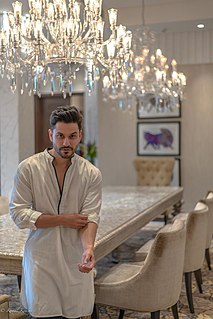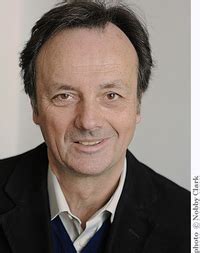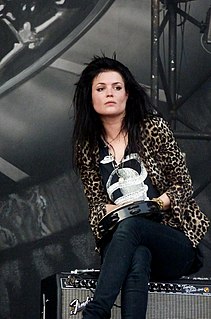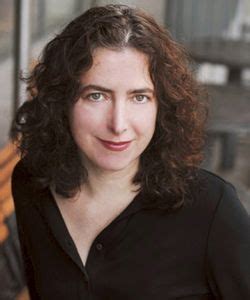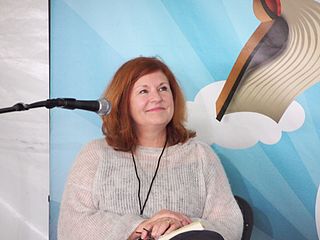A Quote by Kunal Khemu
First hand on 'Go Goa Gone' I learnt how to write on final drafts, how the process works.
Related Quotes
Generally I start writing when I have even the smallest idea of how a book is going to go, because the physical process of writing itself keeps the mind active and focused on the job at hand. Usually I write in about 5 drafts, but that simply means there are 5 definite times when I go in a linear fashion from the beginning to the end of the book.
I'm not typing. I write only by longhand. I've always written first drafts by hand and then once I was into a second or third draft I wrote insert pages on a typewriter. But I got rid of all my typewriters about three or four novels ago and now I do everything by hand. I write by hand because it makes me go slow and going slow is what I like.
I remember Emilio [Estevez] and I were at John's house during the rehearsal process. And John [Huges] had mentioned he wrote the first draft of Breakfast Club in a weekend. And we both at the same time went, "First draft? How many do you have?" And John said he's got four other drafts. And we go, "Can we read them?" And for the next three hours, Emilio and I read those other four drafts.
The best way to make change is to know how something works. If you're going to go build something or change whatever it is, if you don't know how it works and you're trying to go make a change in it, the first thing you're doing is you're spending time figuring out how it works. The same thing happens in organizations.
If you don't understand how something works, never mind: just give up and say God did it. You don't know how the nerve impulse works? Good! You don't understand how memories are laid down in the brain? Excellent! Is photosynthesis a bafflingly complex process? Wonderful! Please don't go to work on the problem, just give up, and appeal to God.
Each genre has its own process. I'm very intuitive about poetry. I usually write first and second drafts out by hand. The other end of the spectrum is journalism, which is much more cerebral, more thought-out and planned. Fiction lies somewhere in between. I usually start intuitively but eventually I need to stop and consider structure, or research, or both.
